The healing properties of hemp have been known to mankind for centuries, but only in recent decades has science begun to actively study them and determine the fields of application of this plant in medicine. Let's look at the medicinal potential of hemp and the possibilities of using hemp seeds, oil and the plant itself to treat various diseases, including those in advanced stages.
Medical benefits of hemp
- Pain relief: Cannabinoids such as CBD can help reduce pain in patients with a variety of conditions, including chronic pain, arthritis, and neuralgia.
- Reducing inflammation: Cannabinoids have anti-inflammatory properties that can help reduce inflammation in various conditions, such as rheumatoid arthritis and irritable bowel syndrome.
- Seizure reduction: CBD has been shown to be effective in reducing the frequency and severity of seizures in patients with epilepsy, including children with Dravet syndrome.
- Combating anxiety and depression: Cannabinoids can help manage anxiety and depression by providing patients with mental relaxation and improved mood.
- Reducing nausea and vomiting: Cannabinoids, especially high levels of THC , can help reduce nausea and vomiting in patients undergoing chemotherapy or suffering from other medical conditions.
- Help with insomnia: Cannabinoids can help improve sleep quality and shorten the time it takes to fall asleep in those who suffer from insomnia.
- Appetite support: THC can stimulate the appetite, which is especially important for patients undergoing treatment for cancer or HIV infection, who often experience loss of appetite and cachexia.
- Protecting the nervous system: Some studies suggest that cannabinoids may have neuroprotective properties, protecting nerve cells from damage, which may be beneficial in neurodegenerative diseases such as Alzheimer's and Parkinson's.
- Improving quality of life in patients with certain medical conditions: Cannabis medications can help patients improve their quality of life by reducing symptoms and improving function.
- Least likely to develop addiction and side effects: Unlike some traditional medicines, cannabinoids may be less likely to be addictive and have fewer side effects when used properly.
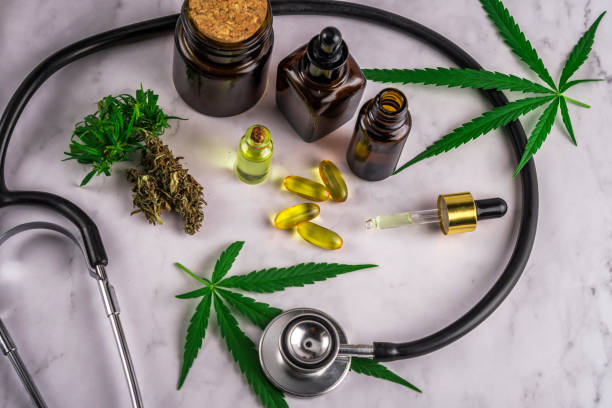
Use of hemp in medicine
The history of medical use of hemp goes back more than a century. However, despite its age-old popularity, marijuana has been supplanted by modern drugs and government bans over the past hundred years. But why in the 21st century, in the age of high technology, cannabis is again gaining the status of a medical agent?
The use of hemp in medicine has its roots in ancient times. This is evidenced by an unusual find - the remains of a young woman who died during childbirth, with the content of marijuana, discovered in her remains 1,600 years later. Egyptian papyri and Assyrian tablets confirm that marijuana was used to speed up the birth process and relieve pain in women in labor.
In the 19th century, the first studies of the medical use of marijuana discovered its effectiveness in relieving pain, convulsions, as well as in the treatment of rabies and cholera. Queen Victoria's doctor, John Russell Reynolds, called marijuana one of the most effective remedies for migraines, neuralgia, insomnia and other ailments.
However, in the last hundred years, marijuana has been replaced by new drugs and has been banned. But with the advent of pharmacological studies, which discovered the pharmacological mechanisms of action of cannabinoids, interest in this plant increased again. It was found that cannabinoids have receptors both on the cells of the nervous system and in all tissues of the body, and neurons are able to independently synthesize cannabinoid analogues.
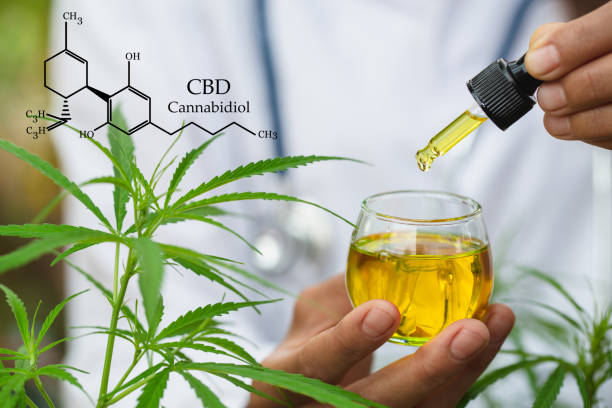
These discoveries contributed to the development of new medicines based on cannabinoids. Among them is CBD Oil, which contains cannabidiol and is suitable for the prevention and relief of symptoms of various diseases, such as various forms of epilepsy (Dravet syndrome and Lennox-Gastaut syndrome), tuberous sclerosis, migraines and increased anxiety.
A distinctive feature of marijuana in medical use is its psychogenic effect. While traditional drugs act in a straightforward manner, cannabinoids affect the cerebral cortex, cementing the positive experience of its effects and requiring smaller doses over time. In addition, marijuana does not suppress the production of endogenous cannabinoids, which makes it attractive for long-term use.
Research shows that marijuana can be an effective remedy for severe pain symptoms in cancer patients, for lowering intraocular pressure in glaucoma, as well as in the treatment of skin diseases, mental disorders and many other conditions.
Thus, cannabis once again becomes an important element in the arsenal of medical care, providing patients with an alternative to traditional medicines with minimal side effects and high efficiency in the treatment of various diseases.
Conclusion
The possibilities of using hemp in medicine are enormous, but as long as there is a ban on the use of marijuana for medical purposes, its full potential cannot be realized. However, you can legally purchase medical cannabis seeds in Ukraine at Errors Seeds.
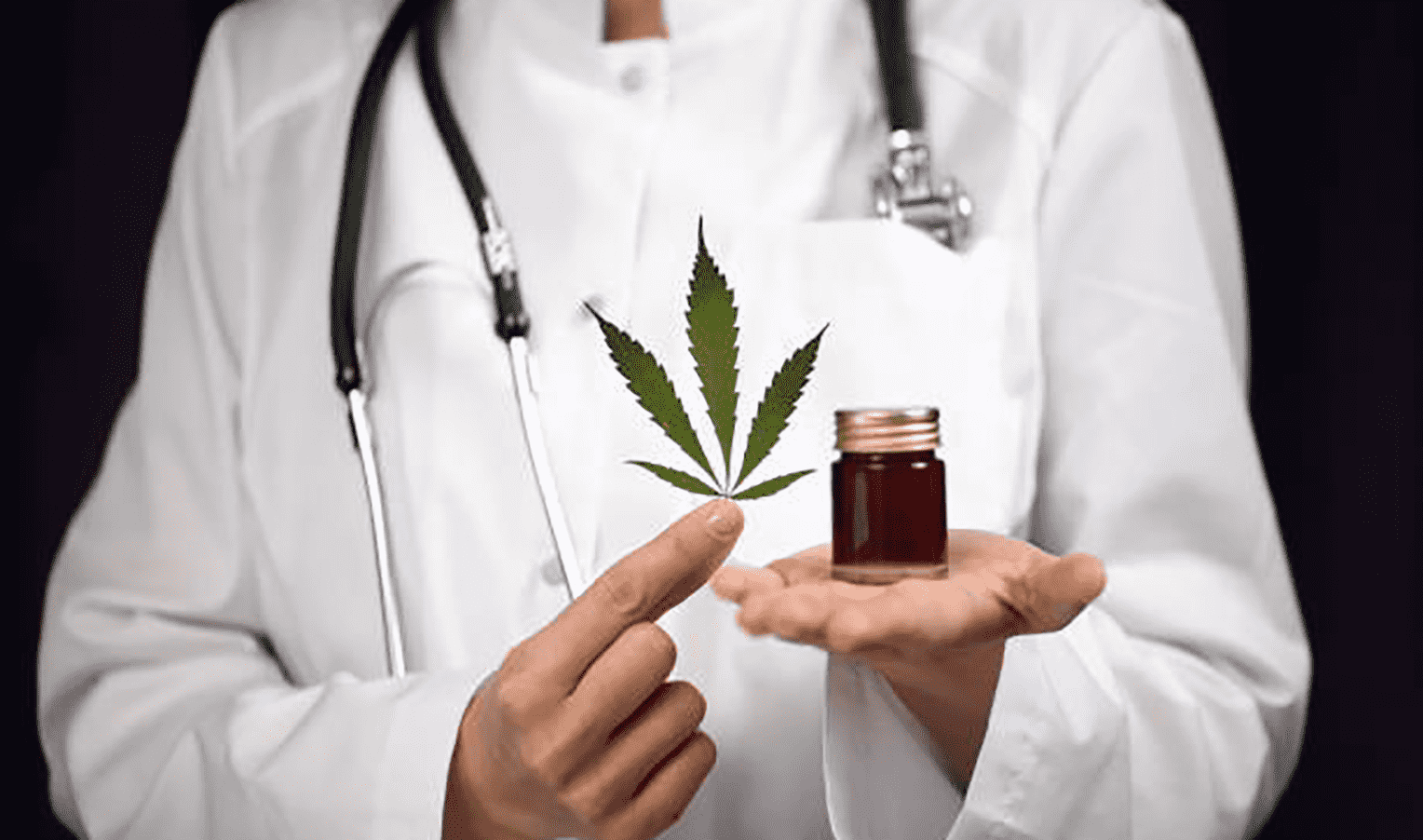

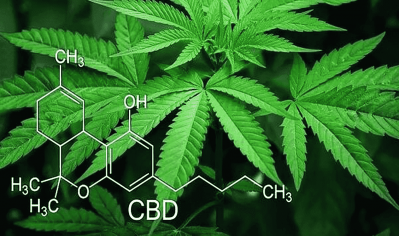

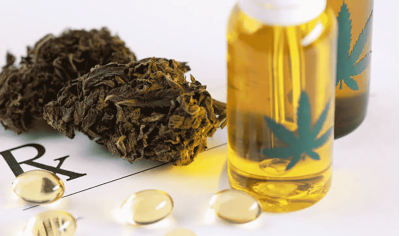
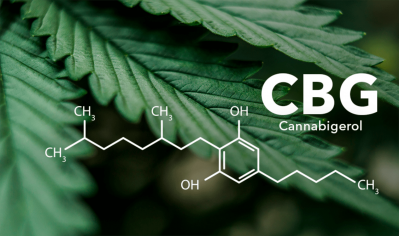
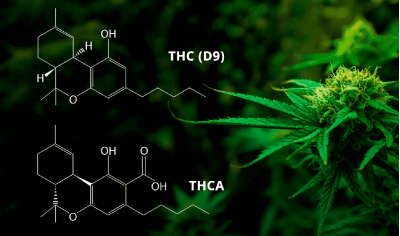

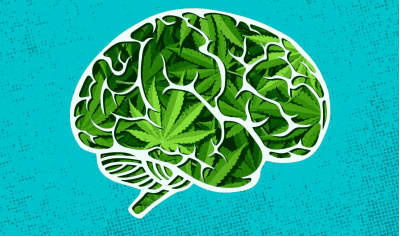
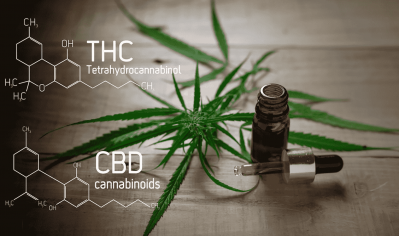


Write a comment